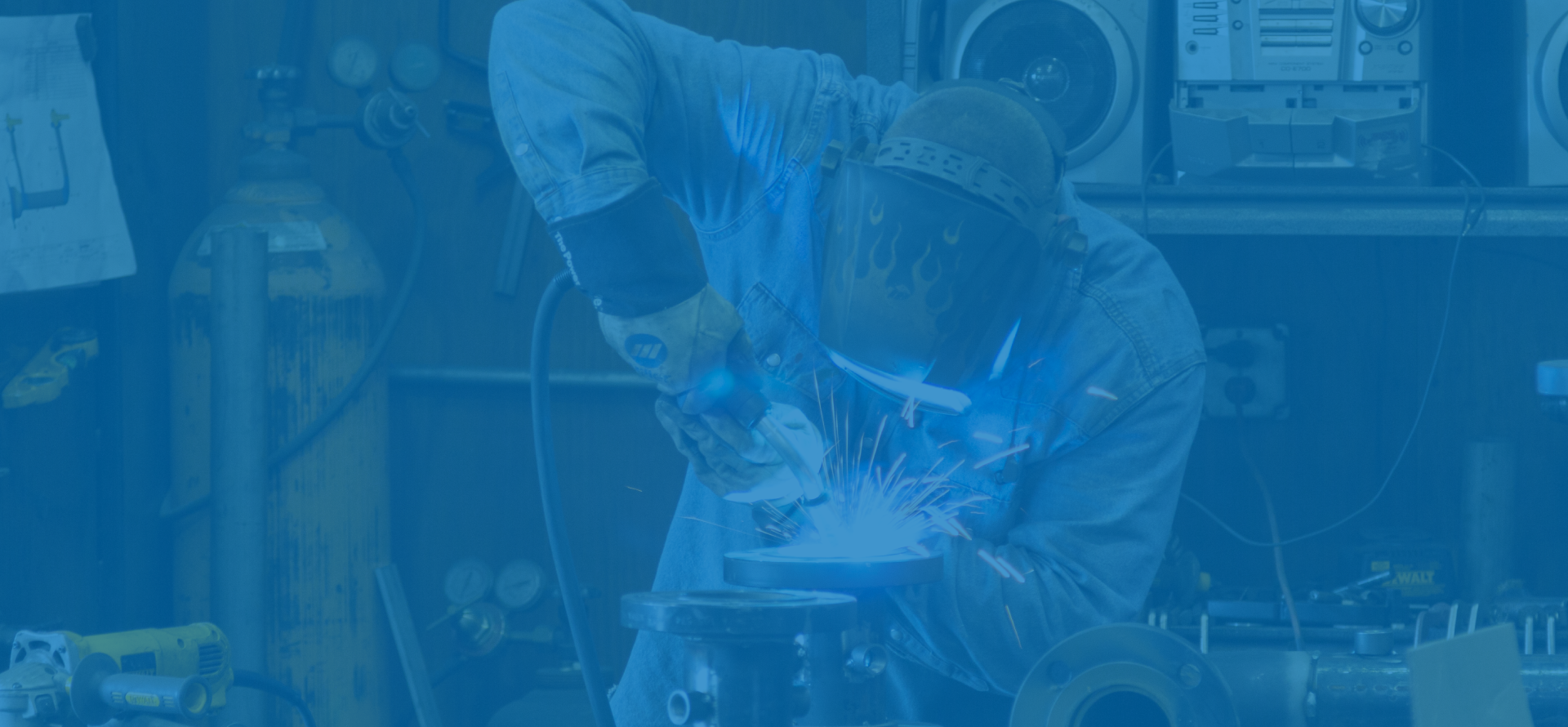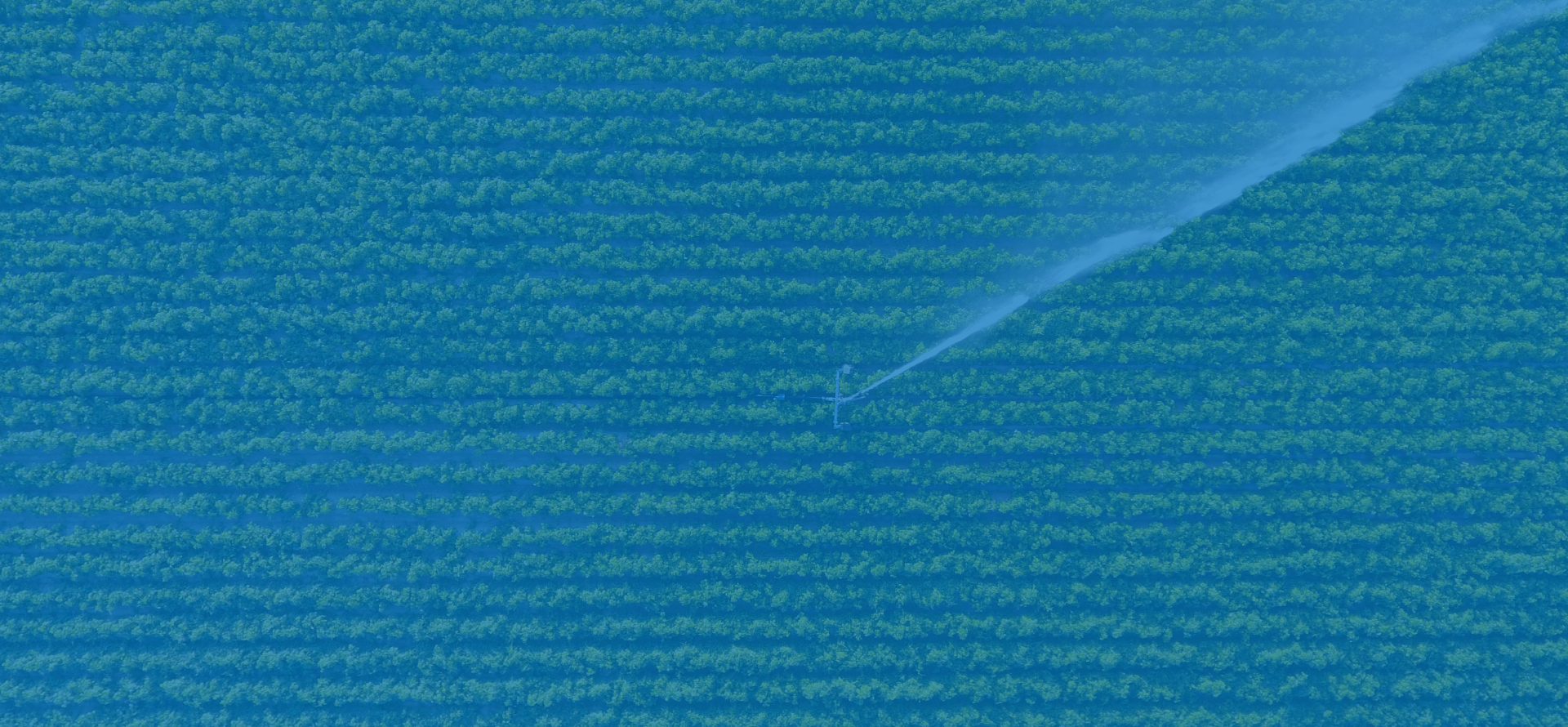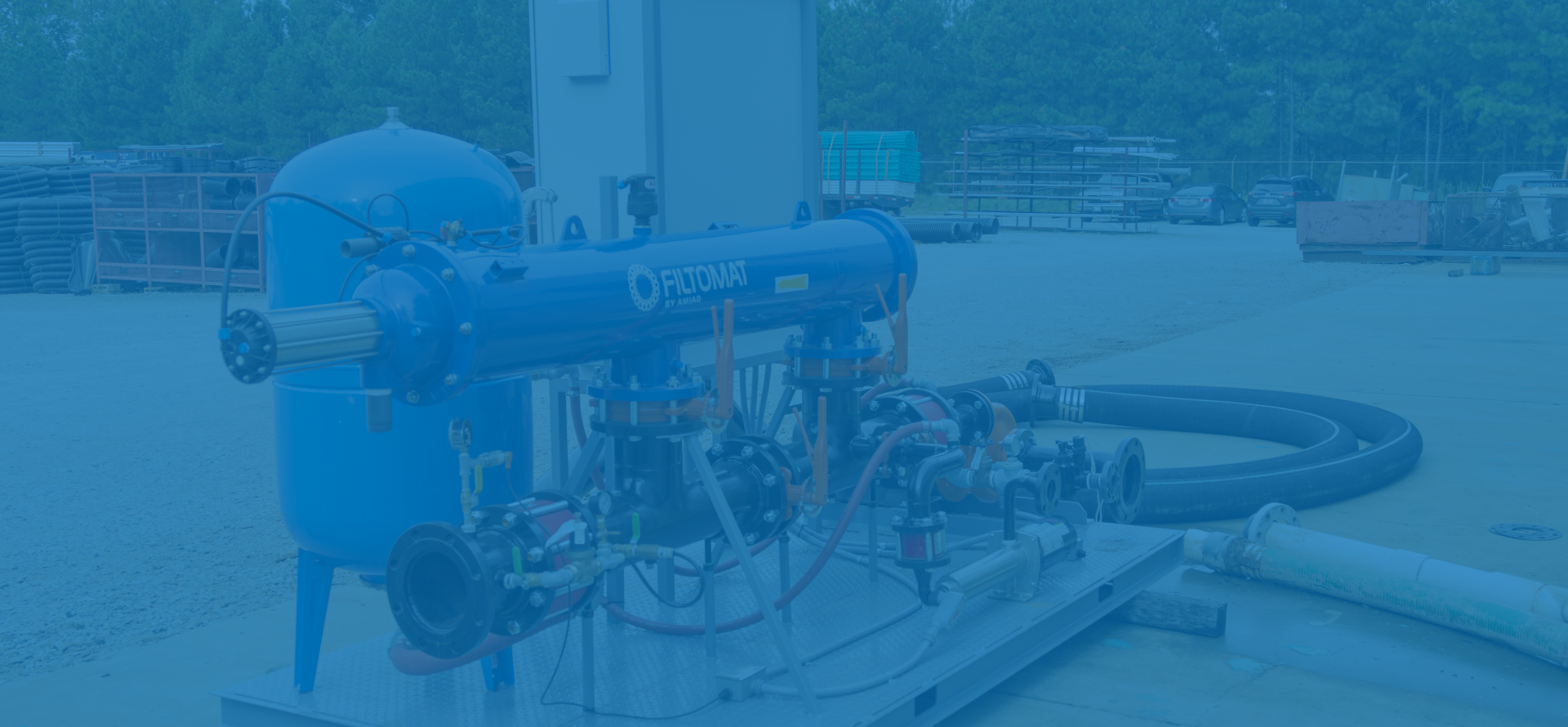
Having a green, beautiful lawn may be easier to do than you think. In fact, the right chemical application at the right time can make a significant difference in the way your lawn looks and its overall health. If you, like many others, get overwhelmed with the number of steps to creating that lush lawn, these tips can help make the process easy to remember.
What Chemicals and Nutrients Does Your Lawn Need?
Fertilizing your lawn gives it the nutrients it needs to grow and flourish. It helps to prevent disease, overcome disease and stress, improve color, and reduce pests. There are three major nutrients your lawn needs and these are the nutrients any application of feed should contain:
- Nitrogen (N)
- Phosphorus (P)
- Potassium (K)
When looking at chemical products, nitrogen, the most important nutrient is listed first followed by phosphorus and then potassium. The most common recommendation is 3:1:2 or 4:1:2.
Feeding Your Lawn in Spring
During the spring months of February through April, it is essential to strengthen the roots of your lawn. To do this, you’ll want to apply products that will:
- Prevent crabgrass from growing using a pre-emergent
- Apply a fertilizer just after the first cut that feeds the lawn.
In the later months of spring, such as from April through June, it’s important to add a weed and feed product with a weed control in it.
Summer Months
During the period of June through August, you’ll need to feed your lawn again, at least, one time every 0 to 45 days. This gives your grass the ability to handle foot traffic, drought, and heat. It is also a good time to add an insect control.
Fall Months
During September through November, it is time to use a fall feed as well as a turf builder to strengthen the lawn for the upcoming winter months.
Let the Pros Help You
While adding the right chemicals to your lawn is essential to creating the right balance of health and growth, every lawn’s needs are different. If your lawn is very new or not there, you need a higher level of nutrients than a lawn that is already in good shape. It is best to have an expert on hand to answer your questions and to create the very best results. Contact our team to ask questions and to get the right solutions in place right away.








